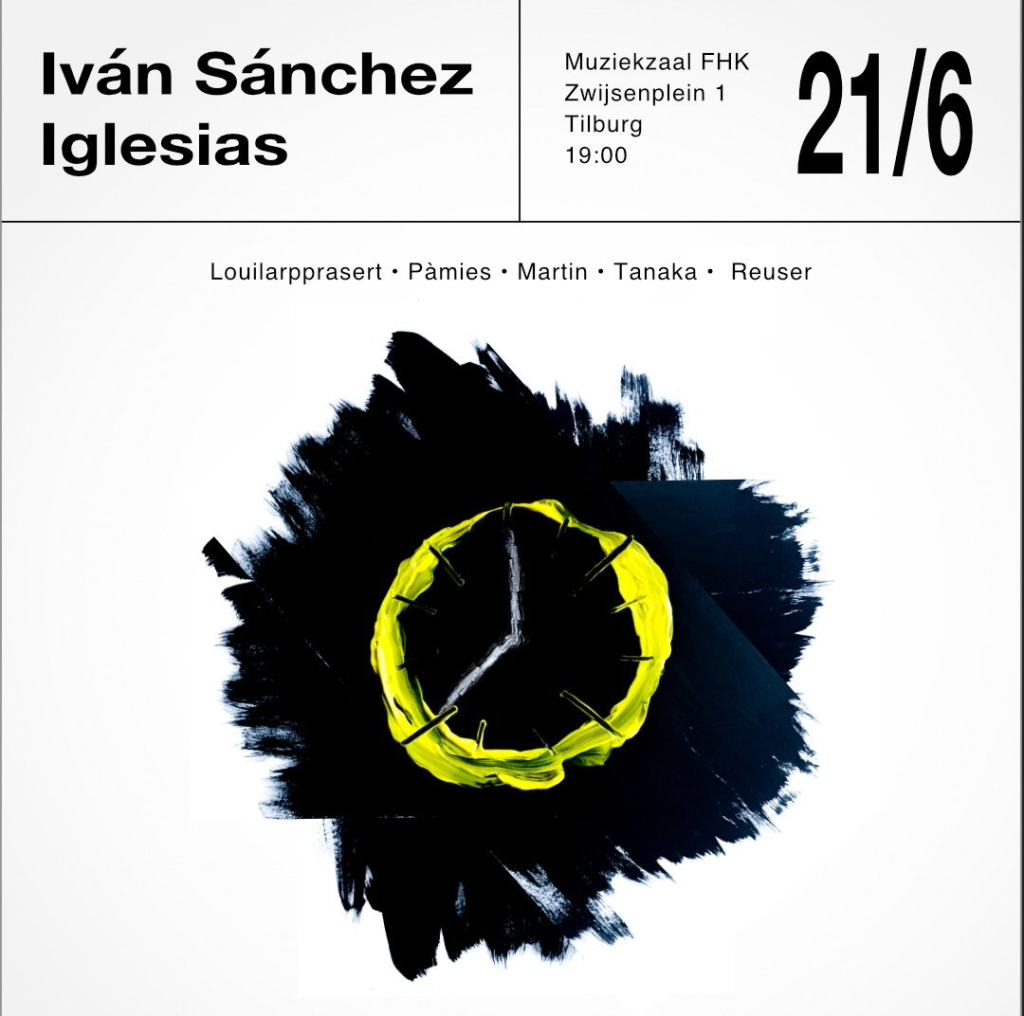Alea Iacta Est is a piece for soprano saxophone, live electronics, soundtrack and six dice and is written for Iván Sánchez Iglesias.
A long time ago, Julius Caesar and his army crossed the Rubicon, a small and insignificant brook located in Italy. He was a general and governor of the Roman province of Cisalpine Gaul. The river marked the boundary between the province and Italy, which was controlled directly by Rome and the Senate. Entering Italy as acting general was illegal and would be a capital offence. Stating iacta est alea (the die is cast), Caesar crossed nevertheless. This lead to a civil war and eventually to Caesar becoming dictator for life. The Republic as it existed for 500 years would be no more.
Recently, something similar happened in the USA, when president Donald Trump verbally invoked a storming on the Capital, housing the Congress and Senate. Path dependency theorizes that once certain paths have been taken, it’s hard to change direction. What will this means for the future of the only 250 years old United States of America?
Both stories are connected in a compelling narrative in the soundtrack, but that’s not all: the live performer deals with exactly the same problem: he throws six dice, one for each of the six performance sections. The dice decide how he should improvize in each section. However, his improvisations are recorded and played back in each consecutive section. There is no way back after throwing each dice and playing each section. Given these circumstances, the performer’s job is to meaningful interact with the pre-recorded improvisation, whilst simultaneously determining the future of his performance.
